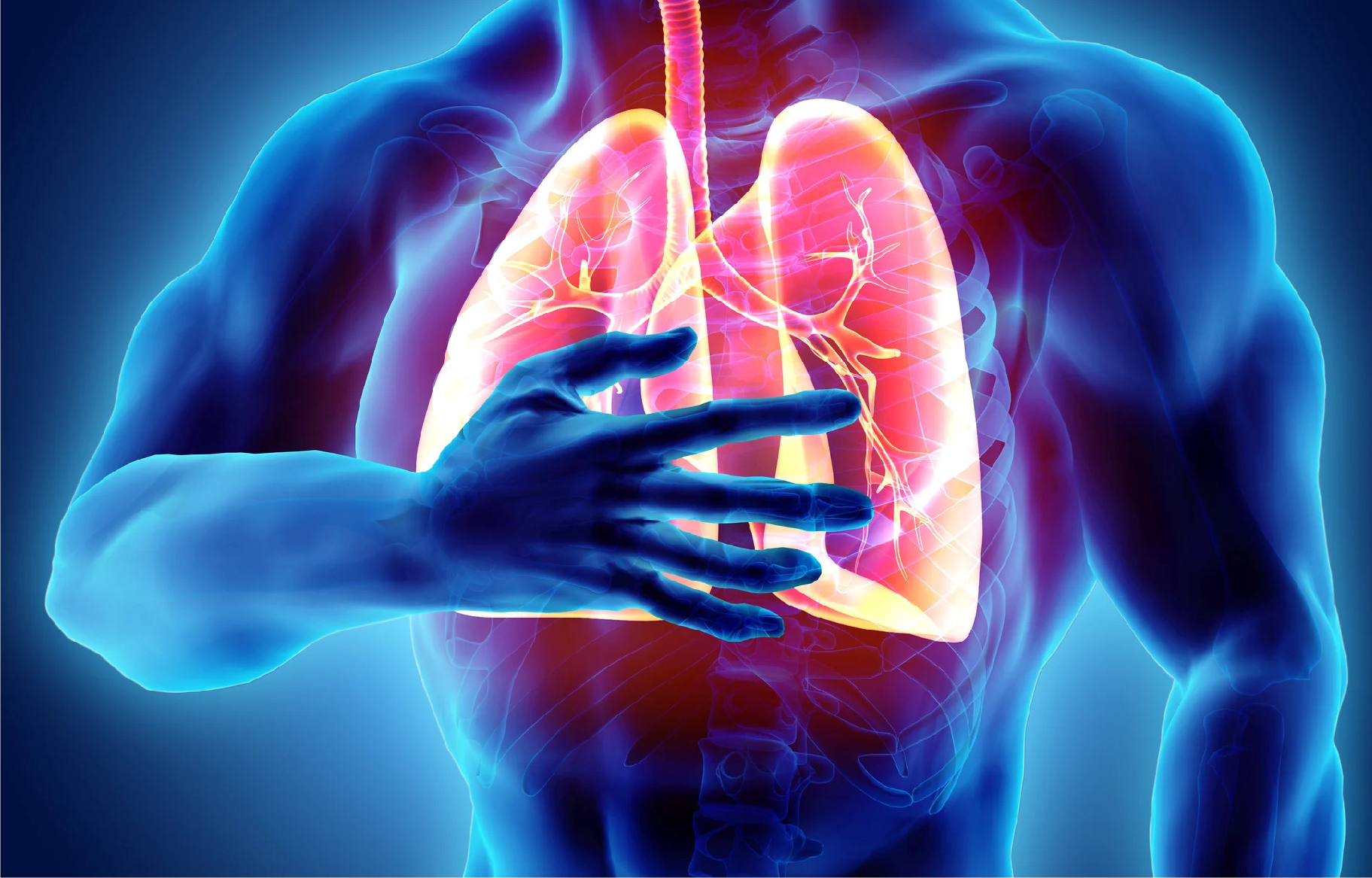Understanding Respiratory Failure
Respiratory failure is a serious medical condition in which the lungs are unable to perform their essential function of exchanging gases—oxygen and carbon dioxide—efficiently. This condition can be life-threatening if not diagnosed and treated promptly. It may occur suddenly (acute) or develop gradually over time (chronic), depending on the underlying cause.
Types of Respiratory Failure
There are two primary types of respiratory failure:
- Type 1 (Hypoxemic):
Occurs when there is a significant drop in oxygen levels in the blood, while carbon dioxide may remain normal. It is often caused by conditions like pneumonia, pulmonary edema, or acute respiratory distress syndrome (ARDS). - Type 2 (Hypercapnic):
Happens when carbon dioxide builds up in the blood due to inadequate ventilation. Common causes include chronic obstructive pulmonary disease (COPD), asthma, and neuromuscular disorders.
Common Causes
Respiratory failure can result from a variety of health issues, including:
- Chronic lung diseases (e.g., COPD, asthma)
- Lung infections (e.g., pneumonia, tuberculosis)
- Chest injuries or trauma
- Neurological conditions affecting breathing
- Drug overdose or sedation
- Obstruction of airways
Symptoms to Watch For
Symptoms vary depending on severity but may include:
- Shortness of breath or difficulty breathing
- Rapid or shallow breathing
- Bluish tint to the lips or fingertips (cyanosis)
- Confusion, fatigue, or drowsiness
- Irregular heartbeat
If you or a loved one experiences these symptoms, seek medical help immediately.
Diagnosis and Treatment
Dr. Masood Alam uses a patient-centered approach to diagnose respiratory failure through:
- Blood gas analysis
- Chest X-rays or CT scans
- Pulmonary function tests
- Clinical assessment of underlying conditions
Treatment May Include:
- Oxygen therapy
- Mechanical ventilation (in severe cases)
- Medications to treat underlying causes (antibiotics, bronchodilators, steroids)
- Lifestyle adjustments and pulmonary rehabilitation
Compassionate, Expert Care
Dr. Masood Alam ensures each patient receives tailored care with advanced respiratory support and long-term management strategies to improve quality of life. Early intervention can prevent complications and support better outcomes.


